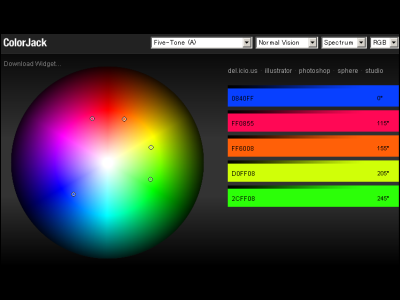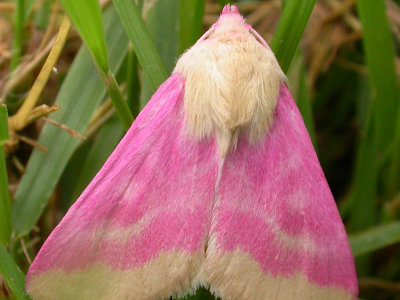Houseplant community warns of scams using AI-generated images

While image generation by AI has both merits and demerits, the houseplant community has been warned about scams that lure enthusiasts by using images of plants that do not exist.
Don't Get Fooled: The Rise of AI-Generated Plant Scams — Bob's Market and Greenhouses
AI is ruining houseplant communities online | The Verge
https://www.theverge.com/ai-artificial-intelligence/691355/ai-is-ruining-houseplant-communities-online
There is a lot of scamming going on around houseplants, where scammers use image-generating AI such as DALL-E, Midjourney, and Stable Diffusion to create images of incredibly vibrant flowers, otherworldly succulents, and rare hybrids, then try to sell them to enthusiasts. For example, the 'Butterfly Plant' below is one such image created by a scammer, and it's a plant that doesn't actually exist.

According to plant seller Bob's Market, other AI-generated fake images include: A flower that looks like it has a face.

A flower as transparent as glass.

A flower with vibrant red and white colors.

The results of being tricked into making a purchase vary: from no response at all to receiving seeds of unknown plants, to receiving a very generic plant. By the time the person realizes they've been tricked, the seller has disappeared, and refunds and accountability are rarely provided.
Bob's Market is warning people to be careful of the following items for sale:
-Unbelievably perfect images
When you let AI generate images of plants, you may end up with images that are unnaturally symmetrical and perfect. They may also have unnatural color gradients or features that defy the logic of plants. Be careful when they look like paintings rather than photographs.
-Explanation is vague or excessive
Be wary of products that are described in general terms, such as 'rare hybrid' or 'limited edition,' without using specific scientific names, or that are overly ambitious, such as 'discovered last month in a secret jungle.'
・Low price
A red flag is when a seemingly unique plant is being sold for a fraction of the price of something just as rare.
- Identity of the seller
Check the seller's profile and be wary of new ones that have no reviews or no legitimate sales history. Reputable sellers will usually provide you with proper information.
・Stock photos and reused images
If you can find an exact copy of the product image by running it through a Google image search (even though it’s not AI-generated), then the image is likely a stock photo or something repurposed from elsewhere and not a photo of the plant it claims to be selling.
Related Posts:
in Note, Posted by logc_nt







